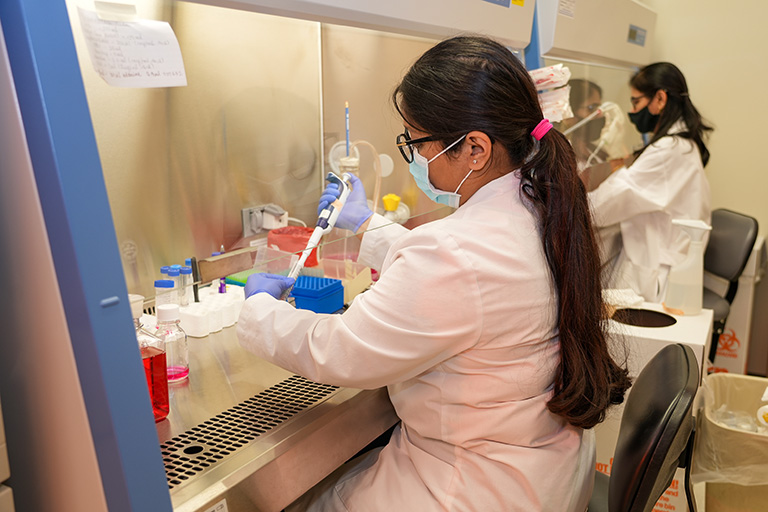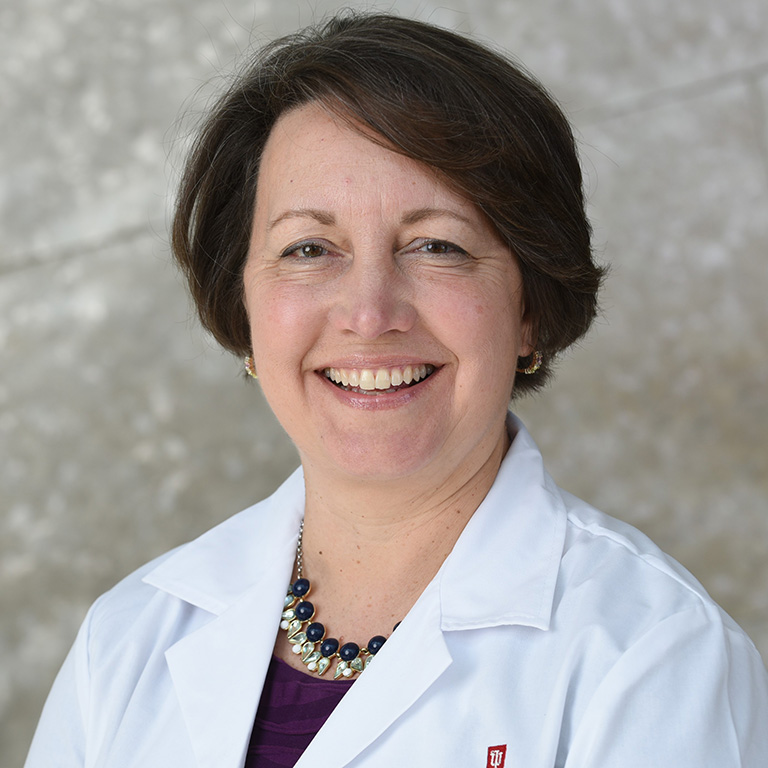Crafting personalized therapies to fight the toughest tumors
How can we craft precision treatments for individual patients?
Breast cancer is not a single disease but a cluster of diseases, each with its own characteristics that allow it to survive despite surgery and chemotherapy. While advances have helped us understand the nuances of each sub-type, standard treatments are an imprecise approach at a time when precision is demanded.











